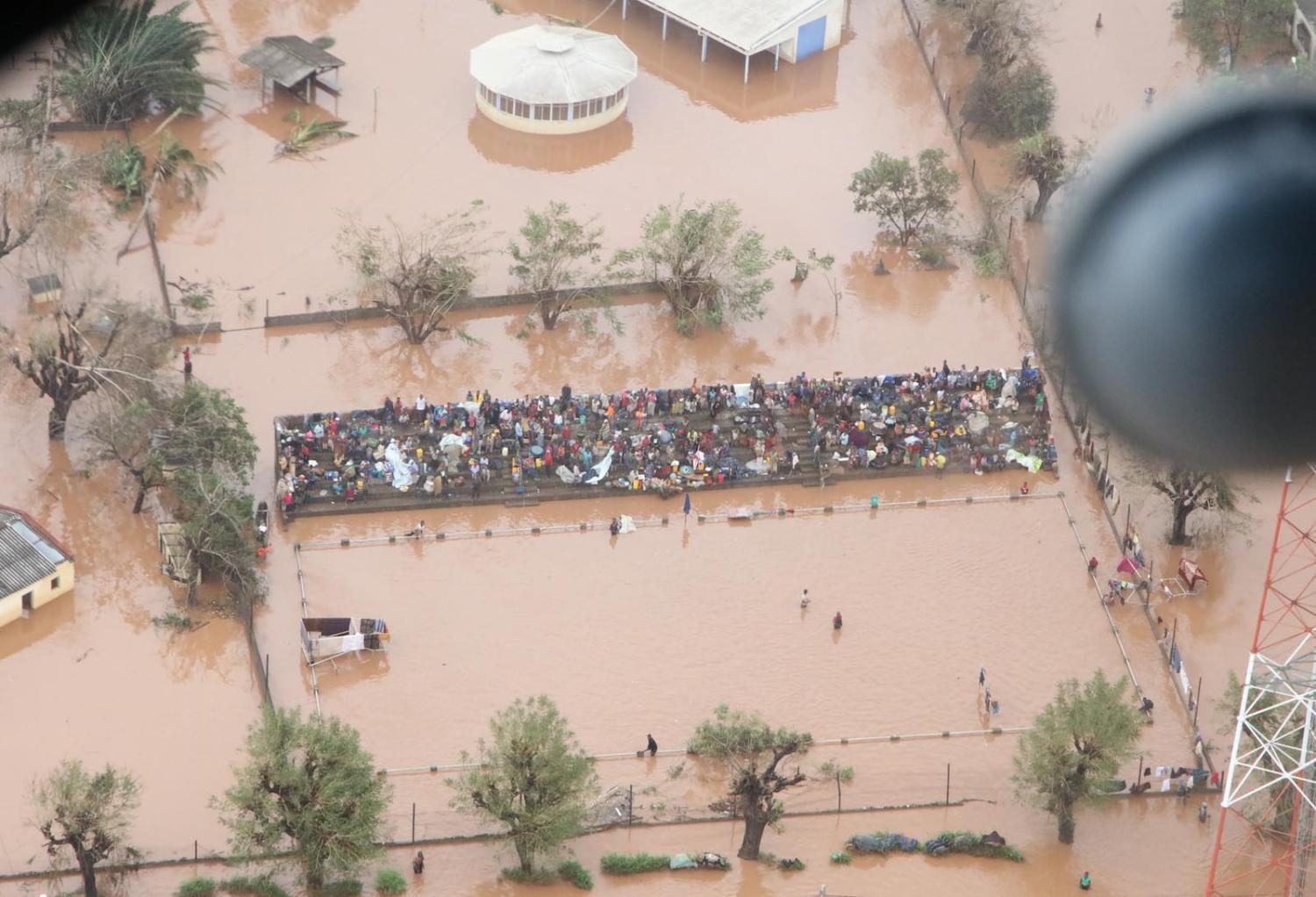- Rory Stewart, Britain’s international development secretary, announced the UK will have an “ethical” development policy focusing on climate emergency and environmental protection. It will consist of spending on low-carbon energy and projects to help developing countries adapt to the effects of global warming, as well as agriculture. This announcement came after the publication of a study accusing donor agencies of seeking influence over aid evaluations.
- This didn’t prevent the UK also committing £1.4 billion to support the Global Fund to Fight AIDS, Tuberculosis and Malaria for the next three years, whereas the United States and the European Union have failed to lead by example.
- In the US, people with low income are eligible to the Supplementary Nutrition Assistance Program, better known as Food Stamp. Timothy Taylor looks at the uptake evolution of the program before and after the “Great Recession”.
- According to Carmen Monico, when efforts to stave off violence succeed (through aid programs, for instance), opportunities increase to create small businesses arise or to access a decent education. So, she argues, the US decision to cut aid to Central American nations is not a solution to stop the flow of migrants.
- Does it pay to comply with labour standards in developing countries? Apparently so, according to Greg Distelhorst and Richard Locke. But stronger market incentives are needed for gain of productivity to spread around industries.
- Efforts by the United Nations to protect civilians in armed conflicts have been mixed, according to this new report by ASPI. The different stakeholders have different views on the limits and expectations of peacekeepers when it comes to implementing the mandate. However, the UN is also trying to keep pace with technology. Last week, Stephane Dujarric, the spokesperson for the UN Secretary-General, confirmed that the United Nations Office of Communication and Information Technologies (UN-OICT) is developing blockchain solutions for land records and services transparency as part of the UN’s “City for All” initiative.
- Avoid making people feel powerless; show, don’t tell; use multi-pronged strategies; mind the messenger. These are the tips Mairi Dupar gives to anyone who wants to engage on climate change.
- Automation is a key pillar of the “Fourth Industrial Revolution” and a significant threat to Africa’s need to create jobs. Indeed, the continent doesn’t create enough of them. Brahima Sangafowa Coulibaly looks at what African government can do to harness the new technologies to create more jobs.
Aid links: environmental ethics, a tech edge in managing cities, more
The UK pledges to combat a climate emergency, laggards in fighting HIV, and stories from the aid and development sector.

Sheltering on a sports ground in Mozambique following Cyclone Idal in March (Photo: World Vision/DFID)
Published 10 Jul 2019
Follow @AlexandreDayant